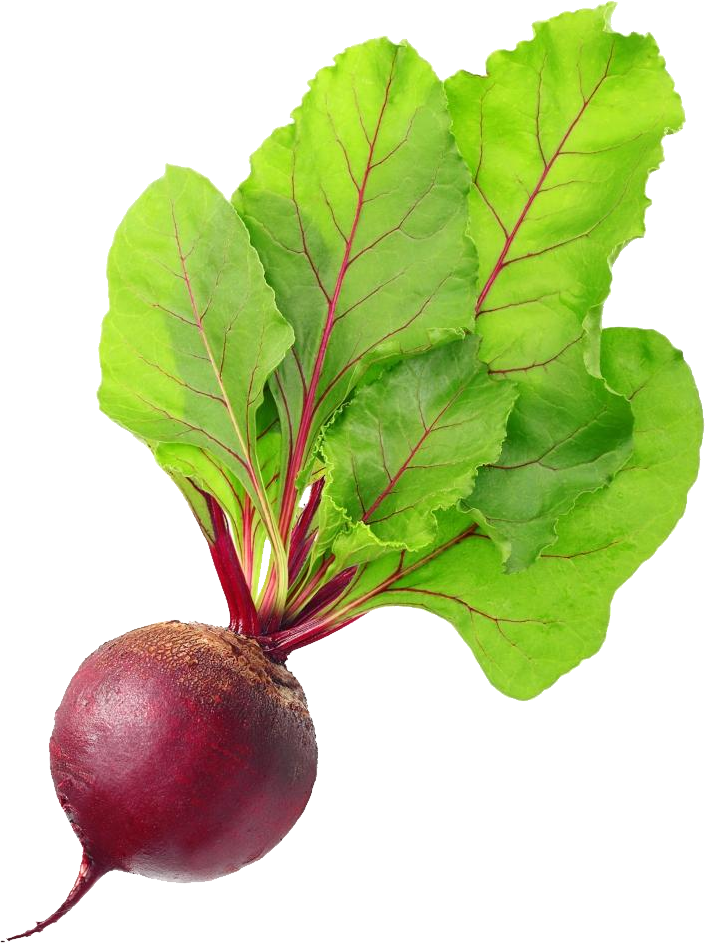Did you know that beetroot is a superfood which may prevent cancer, blood pressure and even cataracts? Beetroot too has been used since ancient times as an aphrodisiac or sexual booster especially because it contains a mineral boron, that is known to boost the production of sexual hormones.
Beetroots also called beets or Beta Vulgaris are the taproot sections of the beet plant. It is consumed as food and medicine. The green leafy tops of your beets are also important since they contain protein, vitamin A, zinc, vitamin C, calcium, fibre, vitamin B6, iron, potassium, phosphorus, copper, and manganese.
Yes. Beets are good for eating because they have both food medicinal value. They are packed with many minerals and nutrients such as iron, potassium, magnesium and folate.
Beets are great for mental and emotional health. The beet leaves contain vitamin K which helps blood to clot and calcium which strengthens bones and teeth.
Should I take beet juice or cooked beets?
Both are important. However, raw beetroot juice has more nutrients because the heat used in the process of cooking destroys some of the nutrients.
This is what beetroots do to your body
1. Beetroot Lowers blood pressure
Statistics from Kenya’s ministry of health show a worrying upward trend in non-communicable diseases. High blood pressure is one of them. Many reasons are responsible for this trend including lifestyle choices or even work-related stresses.
However, all hope is not lost.
One of the benefits of eating beets is that it helps in curbing high blood pressure.
Research done at the Queen Mary University of London and Newcastle University of London, the best way to manage blood pressure is to eat beetroot (precisely beet juice) was found to reduce blood pressure within one month.
Beetroot has nitrates which convert to nitric oxide which expands the blood vessels thereby reducing blood pressure. It is more effective than antihypertension drugs.
2. Beetroot helps treat cardiovascular diseases
Studies have shown that a reduction in blood pressure reduces the risk of heart attack and stroke.
Patients with persistent heart attacks improve significantly within one week of taking beet juice.
Consumption of beetroot juice prevents myocardial infarction while improving the delivery of oxygen to the muscles which enhances mobility.
3. Beets May Help Prevent Cancer
Cancer is ruining lives. There are about 40,000 people diagnosed with cancer in Kenya annually.
There is no definite answer as to how we can conquer this disease which ranks third in the list of top killers in the country.
Beetroot has been shown to prevent cancer.
Research shows that beetroot extract prevents breast and prostate cancers because they contain betanin.
The Howard University of Washington found out that ingestion of beetroot can prevent lung and skin cancers.
When consumed together with carrot juice, beetroot can help in treating leukaemia and arthritis. Beets also have chemopreventive properties as well as the ability to decrease cancer proliferation.
4. Beets are good for The Liver
Beetroots are the best liver foods due to the presence of calcium, betaine, vitamin B, iron and antioxidants. The components make the bile thin and more viscous which makes it easy to flow through the liver and small intestines.
Betaine, a beet component, enhances the ability of the liver to eliminate toxins while fibres help in cleaning the liver.
Zinc and copper protect the liver from oxidation according to a Polish study
Enjoy the benefits of beetroot.
5. Beetroot Boosts Energy Levels
If you are struggling with low energy levels, then you may have a cure in consuming beetroot.
A recent study found out that people who consume beetroot can do 16% more work than those who don’t because beetroot boosts stamina.
The nitrates available in beets improve blood flow, cell signalling and hormone production which boost energy levels. Beets reduce consumption of the body’s energy source, adenosine triphosphate (ATP), leading to energy conservation.
Beetroot enhances the ability of blood to carry oxygen and its ability to flow through the body.
6. Fights Inflammation
Beets are among the best anti-inflammatory foods due to the presence of folate, fibre and betalains. Beet juice helps in treating inflammation of body organs.
According to Medical News Today published, the choline content of beets helps with sleep, muscle movement, learning, and memory. Who doesn’t want to remember things!
7. Beets Promote Brain Health
Do you want your brain to function better?
You need to feed your brain with the right foods.
Beets improve the neuroplasticity of the brain by oxygenating the somatomotor cortex hence preventing dementia.
The nitrates in beets help the brain cells to communicate effectively boosting brain health.
The Daily Mail reported that beetroot helps prevent Alzheimer’s disease by improving cognitive functioning.
Beets also improve the flow of blood in the brain.
8. Beets Control Blood Sugar
Beetroots can regulate your blood sugar.
An Iceland study found out that the fibre in beetroots reduces hyperglycemia while beet juice suppresses postprandial glycaemia.
The alpha-lipoic acid contained in beets lowers the levels of glucose, increases insulin sensitivity and prevents oxidative stress-induced changes in patients with diabetes. Beets also decrease peripheral neuropathy and autonomic neuropathy diabetic people.
9. Beets Aid Digestion
Regular consumption of beetroots helps in digestion while improving the quality of blood.
Beets open up obstructions in the liver and spleen and treat diseases in the digestive system.
Red beets treat constipation and infections associated with the lower alimentary canal.
They treat diverticulitis and aid in bowel movement, enhancing the health of the digestive system.
10. Beets Reduce Bad Cholesterol
Beets have low calories and zero cholesterol.
Researchers have found out that beetroot reduces bad cholesterol while it increases good cholesterol levels as a result of its soluble fibre.
It is evident the health benefits of consuming beets are numerous.
You have to be aware of beetroots as a high carbohydrate vegetable hence the need for moderation.
Would you consider adding beets to your diet?
Let us know at hello@afyawatch.co.ke













